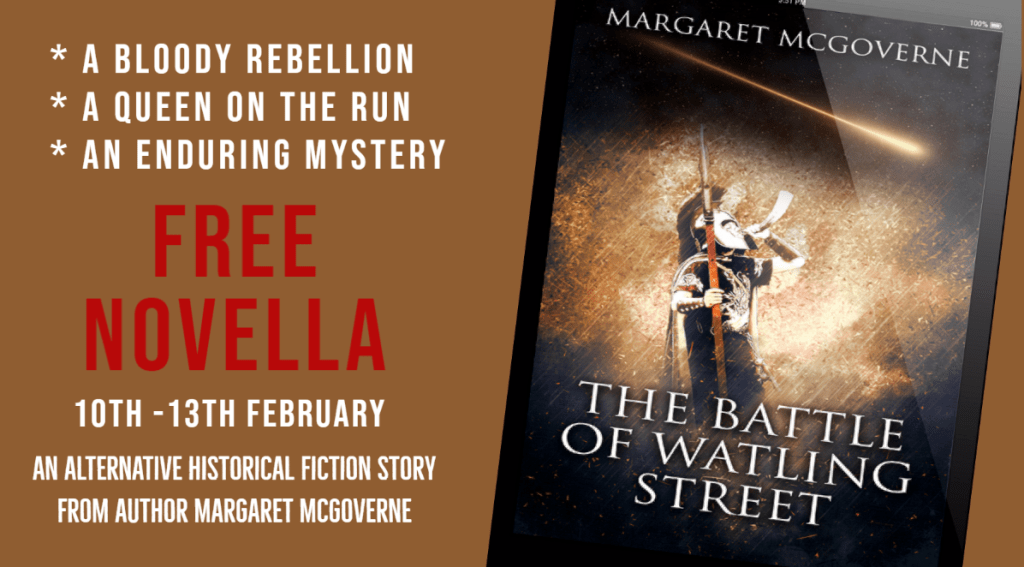I was introduced early on to the importance of names in literary fiction, being a young fan of Dickens – nearly all of Dickens’ character names feel relevant, even if we can’t place our feelings about some of them. Compeyson, Magwitch, Pumblechook, Orlick – these names are all from one novel, Great Expectations. Other memorable Dickens names include the sinister and monstrous Daniel Quilp, downtrodden clerk Bob Cratchit, stiff and paralysed Lord Dedlock, and one of my favourites, the memorably saucy Dick Swiveller, who is almost as naughty as Oliver Twist’s Charley Bates, otherwise frequently called Master Bates by Dickens!
Dickens’ character names are often memorable, but apart from sounding “right”, do they have thematic meaning? Nineteenth century literature seems to offer the most evidence for the use of thematically important naming conventions; Thackeray’s Vanity Fair offers us the plodding “anti hero”, Dobbin, the plain and meek Lady Jane Sheepshanks and the morally bankrupt Lord Steyne (pronounced “stain”?) Similarly Hardy gives us Angel Clare, a pure, harp playing man from a clerical family, while Charlotte Bronte names the family who wrong Jane Eyre, “Reed” – are they broken reeds, morally and physically? Jane’s saviours when she casts herself on the world, destitute, have the surname “St. John”.
Such examples seem to dwindle in twentieth and twenty first century literature. Daphne Du Maurier’s Gothic romance, “Rebecca” is often mistakenly believed to be the name of the young narrator, new wife of Maxim de Winter, but Rebecca is actually the first Mrs. de Winter – we never learn the narrator’s name. As the novel is really about Rebecca, this seems fitting; the second Mrs. de Winter is nowhere near as formidable, (and maybe not as interesting either?), as her predecessor, and thus undeserving of a name?
I’ve previously professed my love of Harper Lee’s To Kill a Mockingbird; the Finch surname not only nods to the title, it is symbolically significant – both mockingbirds and finches are small or otherwise vulnerable, yet harmless birds. “Atticus” is probably derived from the famed Roman orator, Titus Pomponius Atticus, known for his just decisions, and friend to Marcus Tullius Cicero, another of Rome’s most renowned orators. Check out, if you haven’t already, two fantastic historical novels about Cicero by Robert Harris -“Imperium” and “Lustrum.” Likewise Calpurnia; the name is most associated with the wife of Julius Caesar, who tries to warn her husband,to prevent his murder.
In my novel And The Buntings Flew, I have used both character and place names symbolically and thematically; the name of the main character and narrator, Purdey, is short for Perdita, which means “lost one” in Latin, and is the name of the the heroine in Shakespeare’s “The Winter’s Tale” – Perdita is born in a prison; her father imprisoned her mother, believing her to be unfaithful. Some of these meanings apply symbolically and thematically in my novel. The buntings referred to in the title can refer both to a small bird, the Reed Bunting, which can be found living in marshes and other wetlands, including Belfast Lough, one of the settings in my novel. The other buntings referred to are the small flags which adorned many Loyalist and Nationalist areas of Belfast during the Troubles, the period in which the novel is written. Look out for other bird character names peppered throughout my book – there are corrs, (a type of heron), jays, doves (Colm) and some which aren’t so obvious; keep an eye out for Sooty Sheerwater!
Lastly, and perhaps surprisingly, I have made reference to biblical stories and gospels for the names of several characters (surprising because I’m a lapsed Catholic atheist who leans towards Buddhism!). The first murderer, Cain, is referenced, as are the two disciples of Jesus who preached a gospel of forgiveness, and in whose gospels the Lord’s Prayer features. Forgiveness and our own trespasses and those of others are also key to my novel; the ethnic and sectarian divide at the heart of The Troubles, although not religious in nature, was broadly drawn along religious divides, so Christian references felt appropriate.
I have also included one or two references to classical literature and to Irish legend, but I don’t want to give away all my secrets – if you read my book, please do let me know if you pick up on any more!
xx
